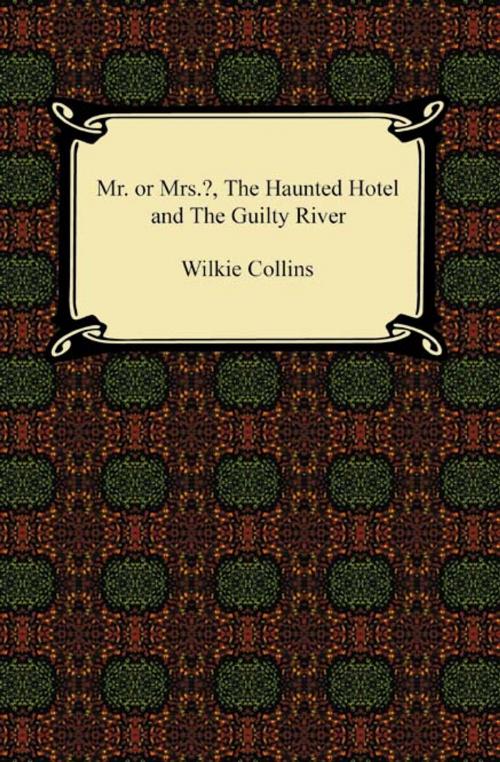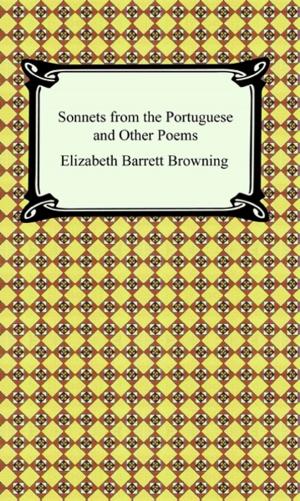| Author: | Wilkie Collins | ISBN: | 9781596254282 |
| Publisher: | Neeland Media LLC | Publication: | December 15, 2009 |
| Imprint: | Digireads.com Publishing | Language: | English |
| Author: | Wilkie Collins |
| ISBN: | 9781596254282 |
| Publisher: | Neeland Media LLC |
| Publication: | December 15, 2009 |
| Imprint: | Digireads.com Publishing |
| Language: | English |
Wilkie Collins (1824-1889) is best known as the innovator of the English detective novel, whose sensational novels, plays, and short stories were hugely popular in the Victorian Era. Today, readers enjoy Collins' intricate and suspenseful plots, and his penetrating social commentary on the plight of women and domestic issues of the time. Unfortunately Collins suffered from rheumatic gout, for which he took the opiate laudanum, and which eventually led to paranoid delusions and the deterioration of his health. This collection of novellas, although varied in style and plotline, is a wonderful example of some of Wilkie's later work, as it became increasingly laden with social commentary. "Miss or Mrs.?" is a fast-paced story of malice, blackmail, marriage and fraud; "The Haunted Hotel" is perhaps Collins' last lucid work, its eerie and suspenseful story influenced heavily by Collins' severe opium addiction; and "The Guilty River" is the psychological and violent tale of two men in love with the same woman.
Wilkie Collins (1824-1889) is best known as the innovator of the English detective novel, whose sensational novels, plays, and short stories were hugely popular in the Victorian Era. Today, readers enjoy Collins' intricate and suspenseful plots, and his penetrating social commentary on the plight of women and domestic issues of the time. Unfortunately Collins suffered from rheumatic gout, for which he took the opiate laudanum, and which eventually led to paranoid delusions and the deterioration of his health. This collection of novellas, although varied in style and plotline, is a wonderful example of some of Wilkie's later work, as it became increasingly laden with social commentary. "Miss or Mrs.?" is a fast-paced story of malice, blackmail, marriage and fraud; "The Haunted Hotel" is perhaps Collins' last lucid work, its eerie and suspenseful story influenced heavily by Collins' severe opium addiction; and "The Guilty River" is the psychological and violent tale of two men in love with the same woman.















